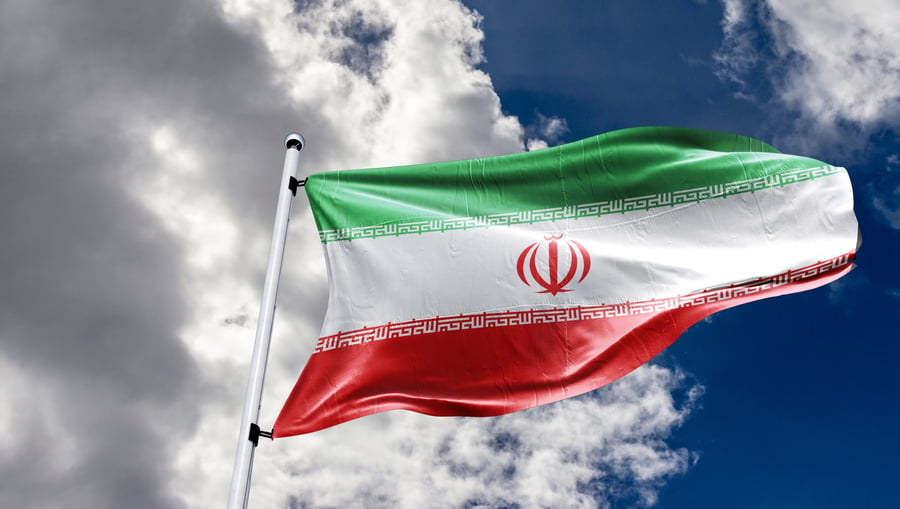
Oded Ilam, former head of the Counter-Terrorism Division at the Mossad, addresses the response options available to the Iranians, stating that they feel obligated to react. In an interview with Radio 103FM, Ilam said: "Iran does not think this is the time for a full-scale confrontation with Israel due to its strategic necessity."
According to him: "Oil is Iran; all this wealth sits on a small island, and the entire Iranian economy is based on 32 square kilometres. They are aware that if Israel attacks this location, Iran’s economy will be finished in the full sense. Iran’s defense capabilities, operational continuity, and growth are very low, and there is a very serious restraining factor – China. Ten percent of China’s oil comes from there, and they are squeezing the Iranians on prices, so China has a restraining interest in not starting a total war because they understand the implications."
Regarding the expected nature of Iran's response, Ilam said: "Attacks on symbols of Israeli authority and status both within and outside Israel. The Revolutionary Guards have suffered a severe public humiliation, and they are committed to responding both in terms of their power base within and outside Iran. I generally estimate that the Iranian response will be measured in terms of targeting military sites, with an emphasis on Israel’s strategic arm, which is the Air Force, and it could also be abroad. I do not think the Iranians would want to engage in a total war at this time, a massive attack on Israeli civilians, for the reasons I mentioned, but they will opt for a measured response."
Regarding Hezbollah’s response, Ilam said: "The likelihood of a ground operation is extremely low among the options available to them. Hezbollah will also try to expand their target list beyond the line drawn by Nasrallah, but with a focus on attacking military symbols of authority. Lebanon essentially receives its electricity from four power stations. Attacking them would mean complete darkness in Lebanon, which could be the trigger that finally brings the Lebanese to the streets. Inside Lebanon, there are one and a half million Syrian refugees, and they despise Hezbollah."


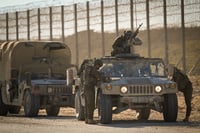
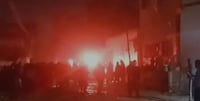
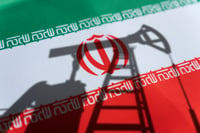
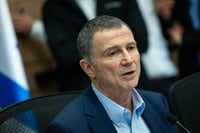

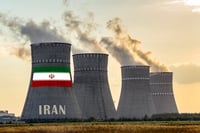
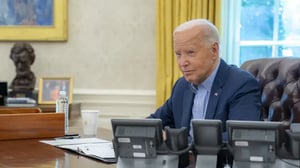

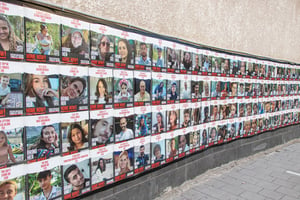
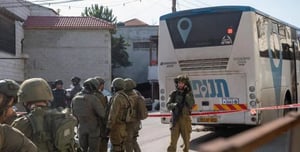
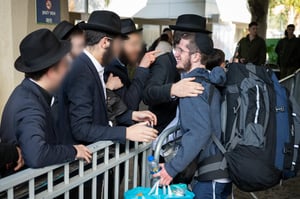


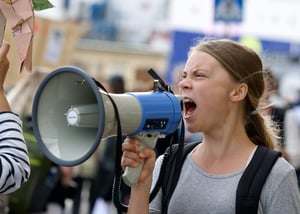




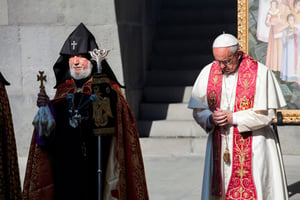
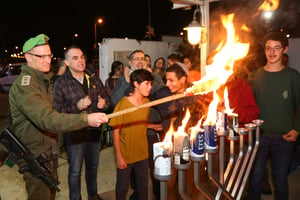



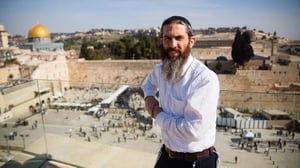
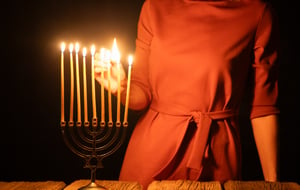
0 Comments